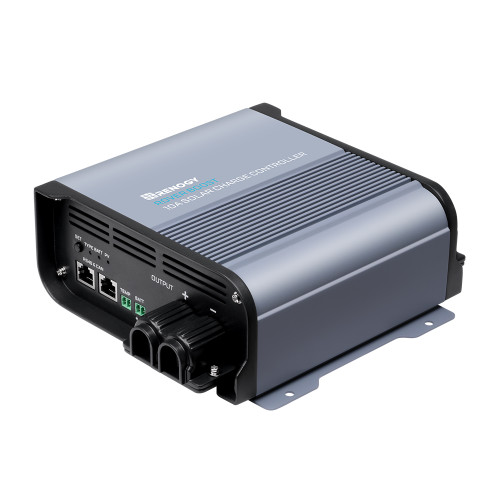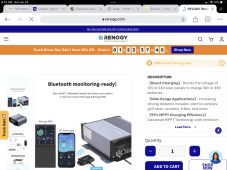noobsolarev
New Member
Can anyone help me figure out what I need to power a 2017 Nissan Leaf, 30 kWh lithium-ion battery?
My current rental is upstairs and the landlords pay downstairs, so, I have to use an extension cable cord to connect to my charger to charge my car - the cord has to go out the back door, through the patio, down one story, AND I can only do it after 9 pm because the landlords say it's cheaper AND because there are no bug screens in this country, it's very scary for me to have to do this at night - with the extension cable leaving an opening for critters to come in and feast on me.
So, I want to see if I can bypass all of that stress and do solar. My car came from France, I think. But the charge thingy end fits Portugal house outlets . . . two prongs. I need a system that does not require any skills because I do not know how to do solar. Thank you for your help! I have been googling for weeks and do not even know who can sell me this. Renogy EU said they can't. I think I need 8 panels, an inverter from 12 V to AC, right? But who can sell this to me and get it to me in Portugal? I can't seem to find any companies. Thanks for the help.
My current rental is upstairs and the landlords pay downstairs, so, I have to use an extension cable cord to connect to my charger to charge my car - the cord has to go out the back door, through the patio, down one story, AND I can only do it after 9 pm because the landlords say it's cheaper AND because there are no bug screens in this country, it's very scary for me to have to do this at night - with the extension cable leaving an opening for critters to come in and feast on me.
So, I want to see if I can bypass all of that stress and do solar. My car came from France, I think. But the charge thingy end fits Portugal house outlets . . . two prongs. I need a system that does not require any skills because I do not know how to do solar. Thank you for your help! I have been googling for weeks and do not even know who can sell me this. Renogy EU said they can't. I think I need 8 panels, an inverter from 12 V to AC, right? But who can sell this to me and get it to me in Portugal? I can't seem to find any companies. Thanks for the help.
Last edited:





